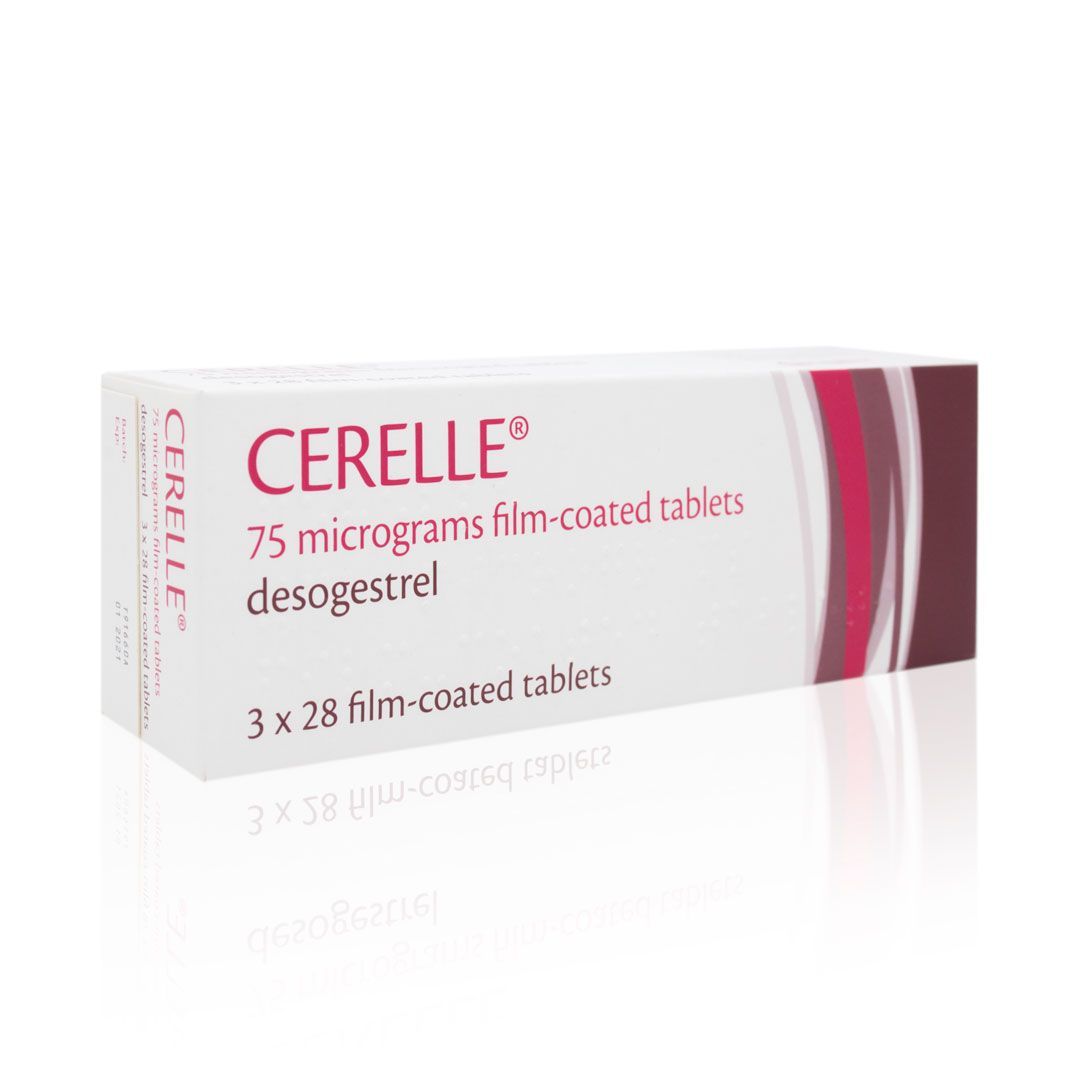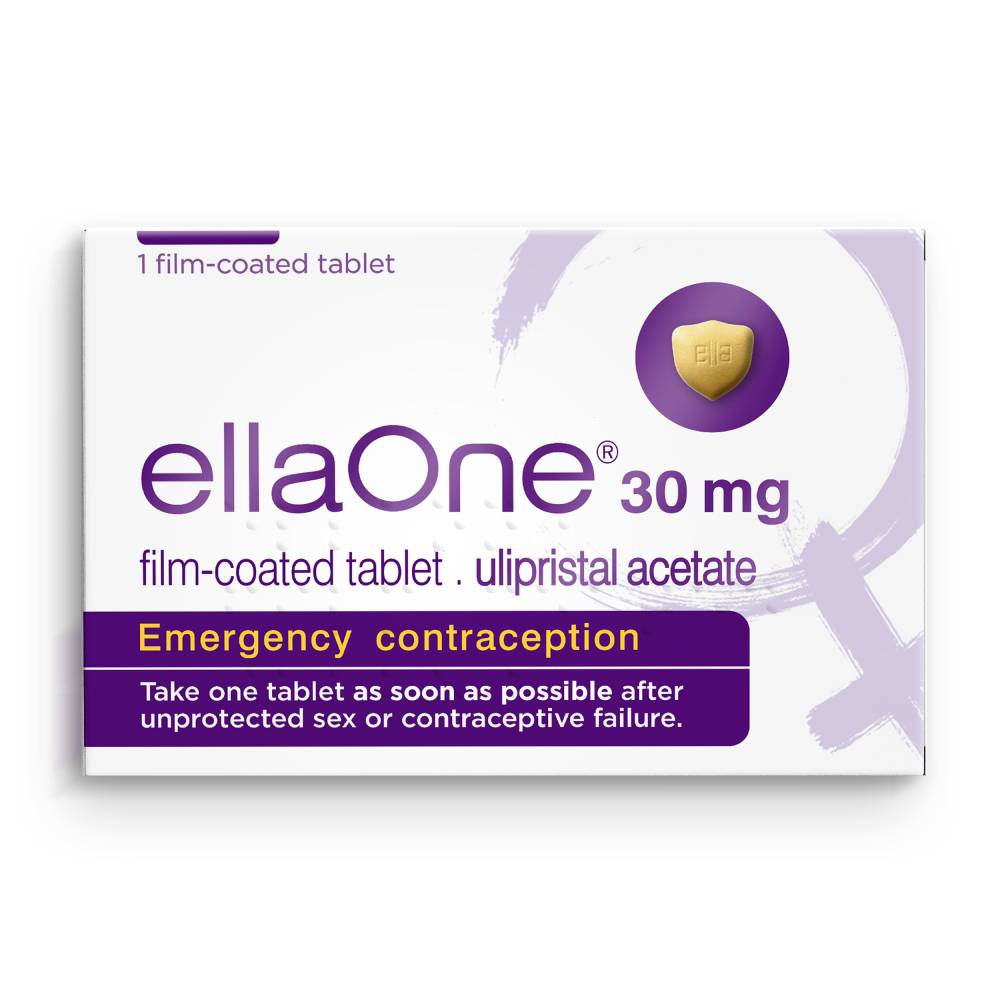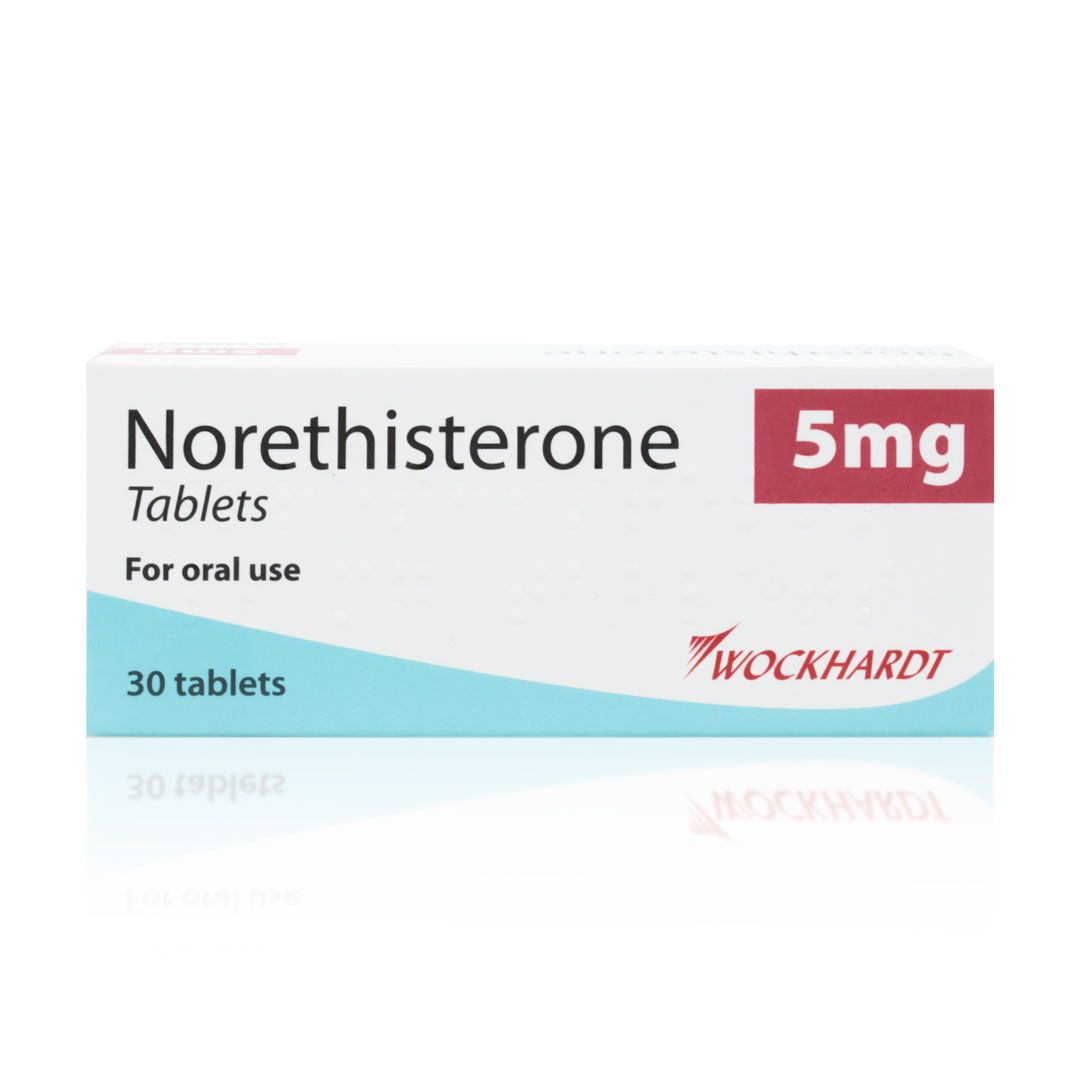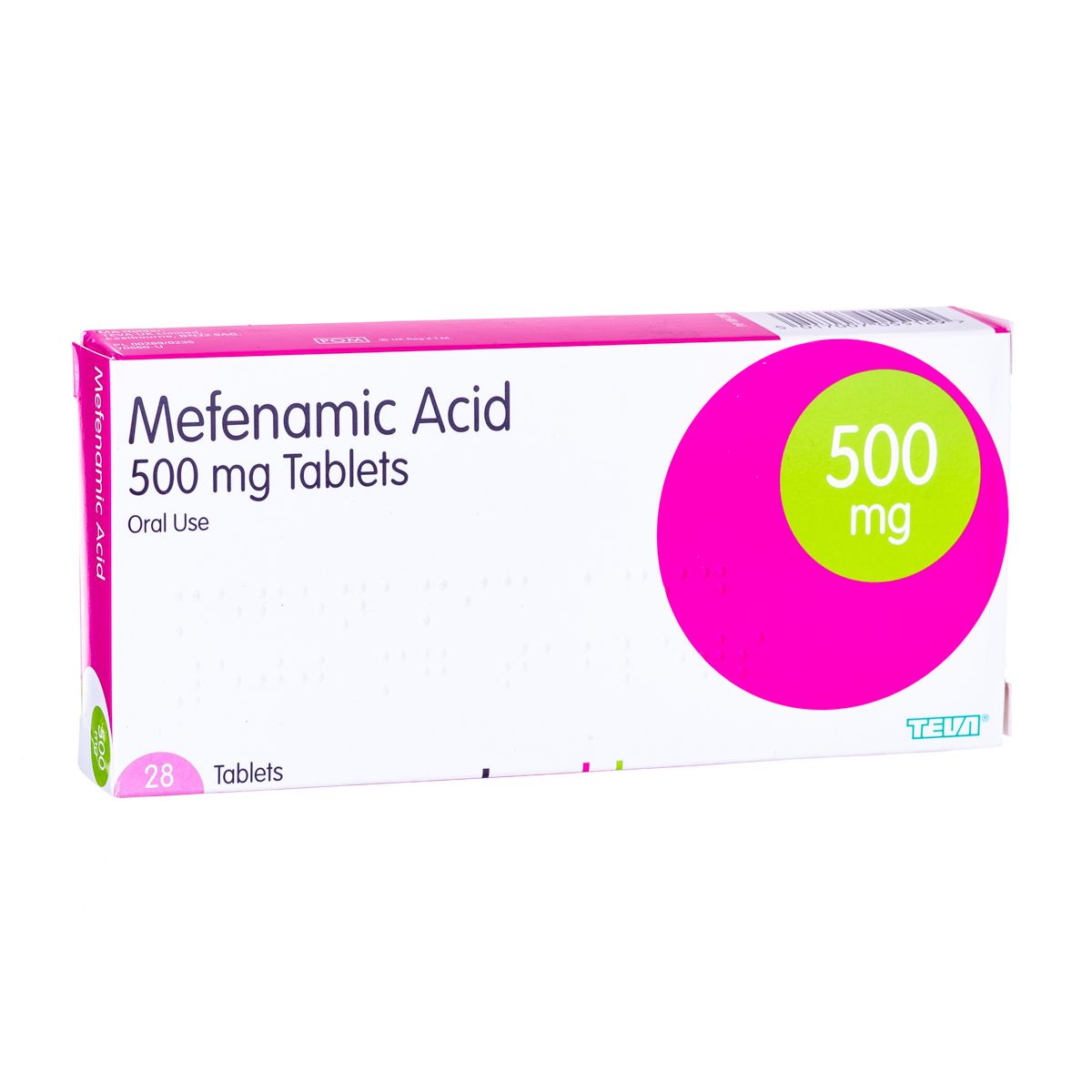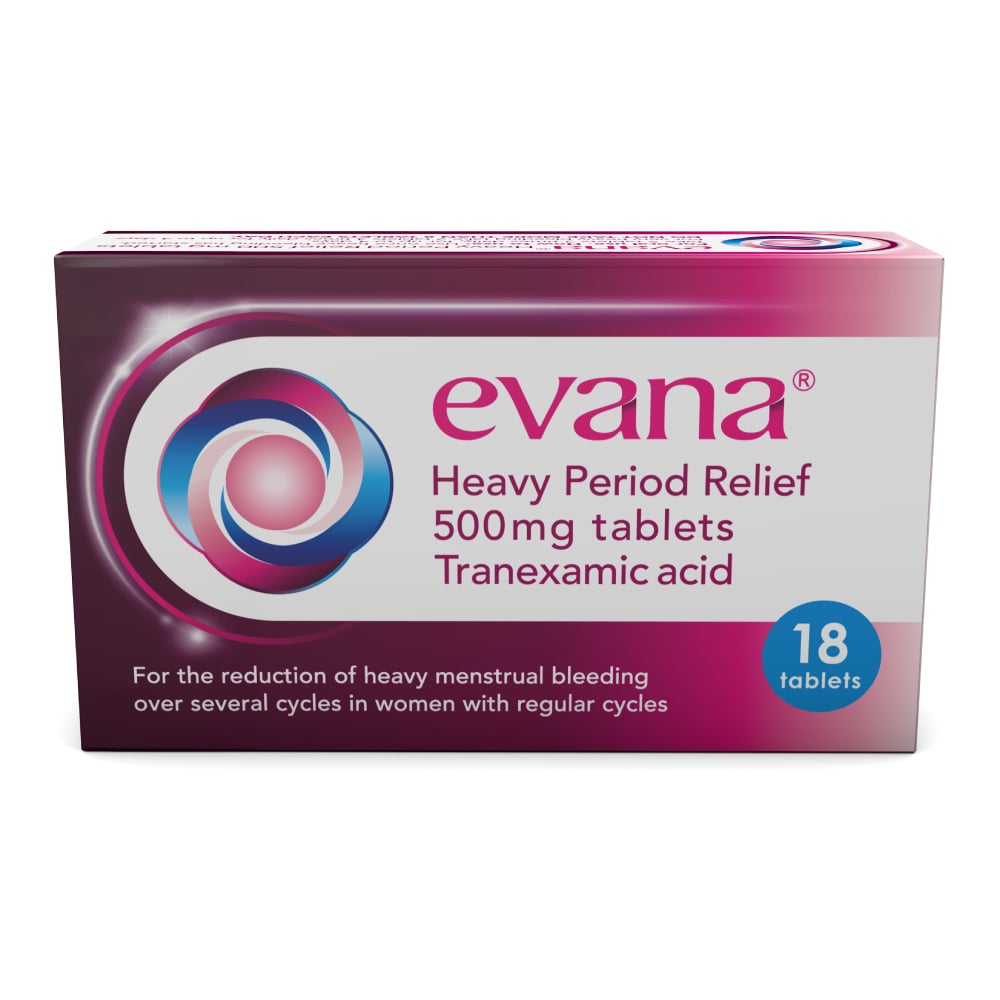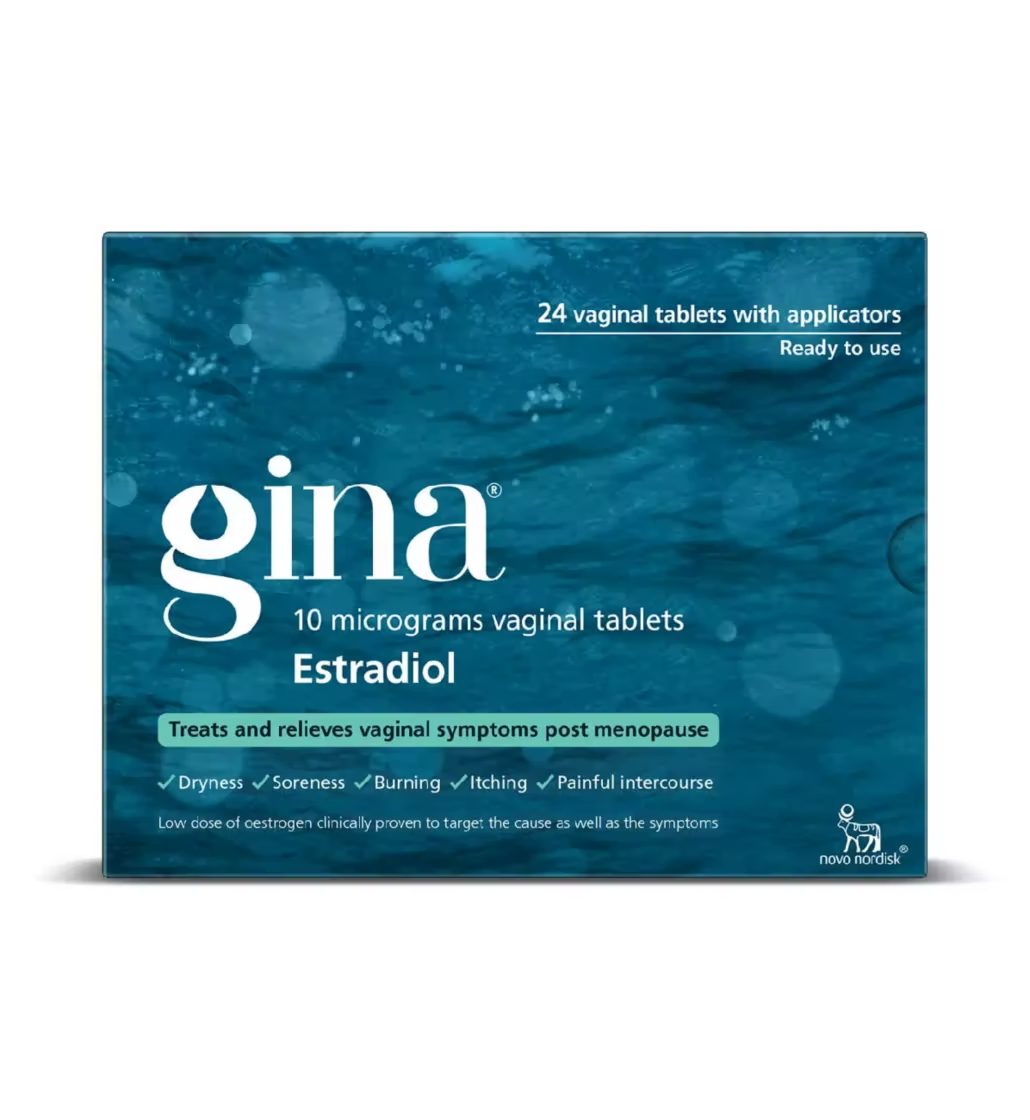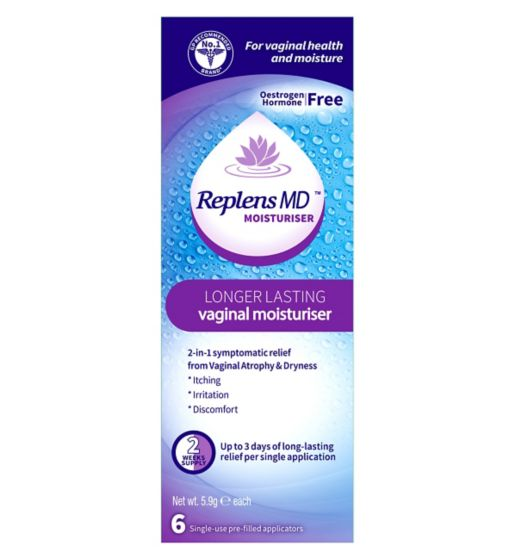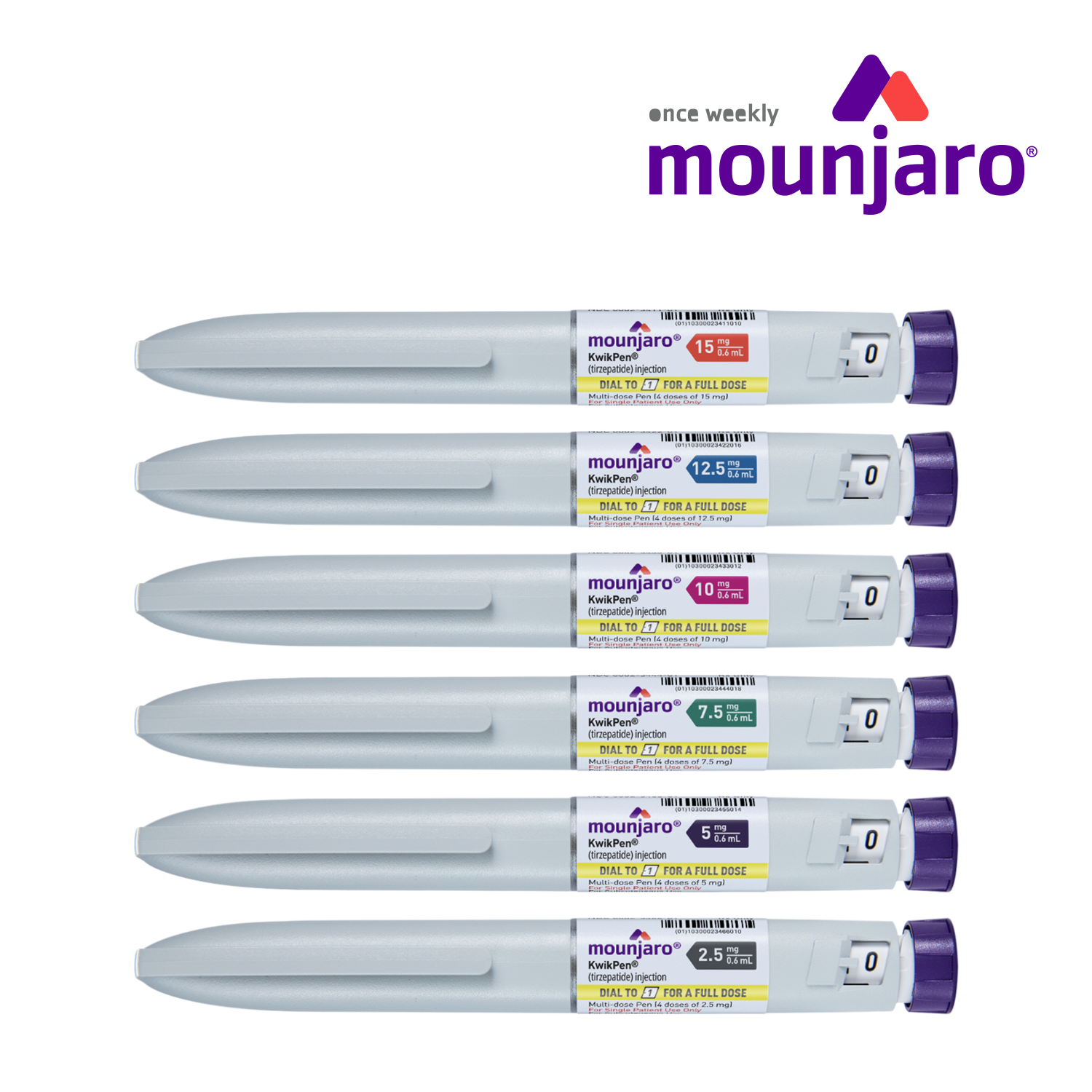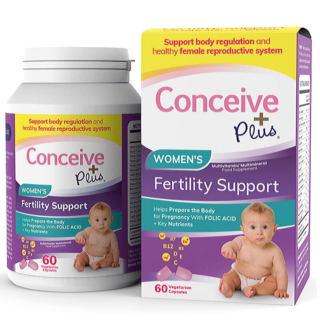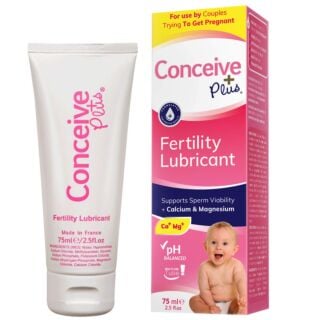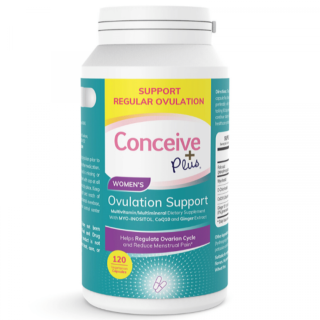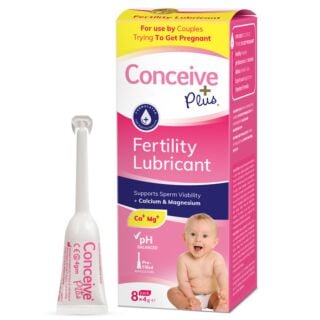Fertility

Free delivery when you spend over £30

100% discreet delivery for every item ordered

Fully regulated UK pharmacy
Does a low sperm count mean infertility?
No, you can still conceive naturally, but it might be more difficult.
A low sperm count is known as oligozoospermia, which is where a man has less than 15 million sperm per millilitre of semen.
To put this into perspective, an average man will have around 15 - 200 million sperm per millilitre of semen.
Can PCOS affect fertility?
Polycystic ovary syndrome (PCOS) is one of the most common reasons why women may struggle to get pregnant naturally.
It’s a condition that affects your hormones and reproductive system which can cause tiny cysts in your ovaries that contain immature eggs.
Although PCOS can’t be cured, there are treatments available to increase your chances of conceiving.
How soon can you do a pregnancy test?
It can be tempting to take a pregnancy test a few days after a missed period, but you should wait a week to ensure you get the most accurate result.
This is because it can take time for your body to develop the HCG (a hormone that’s released when a fertilized egg attaches itself to the uterus) that your pregnancy test will pick up to form a reading.
When does your fertility decrease?
A woman’s fertility is at its highest between the late teens and late 20s.
Once you reach 30, your ability to get pregnant can start to decline, and it will typically decline more rapidly once you reach your mid-30s (around age 35).
By 45, it will usually be very difficult for you to become pregnant naturally.
Why should you take an ovulation test?
There’s a short time period each month when it’s best for a woman to conceive, but it can be difficult to know when this window will be.
An ovulation test can give you an idea of your most fertile days so you know the best time to have sex and improve your chances of conception.
What are good sources of folic acid?
Folic acid is the man-made form of the B vitamin folate, sometimes referred to as vitamin B9 or folacin.
Folate is found in small amounts in lots of foods including broccoli, brussels sprouts, leafy green vegetables, peas, chickpeas, kidney beans and fortified breakfast cereals.
If you’re pregnant or trying to conceive, you should take a 400 microgram folic acid supplement every day until you’re 12 weeks pregnant.

